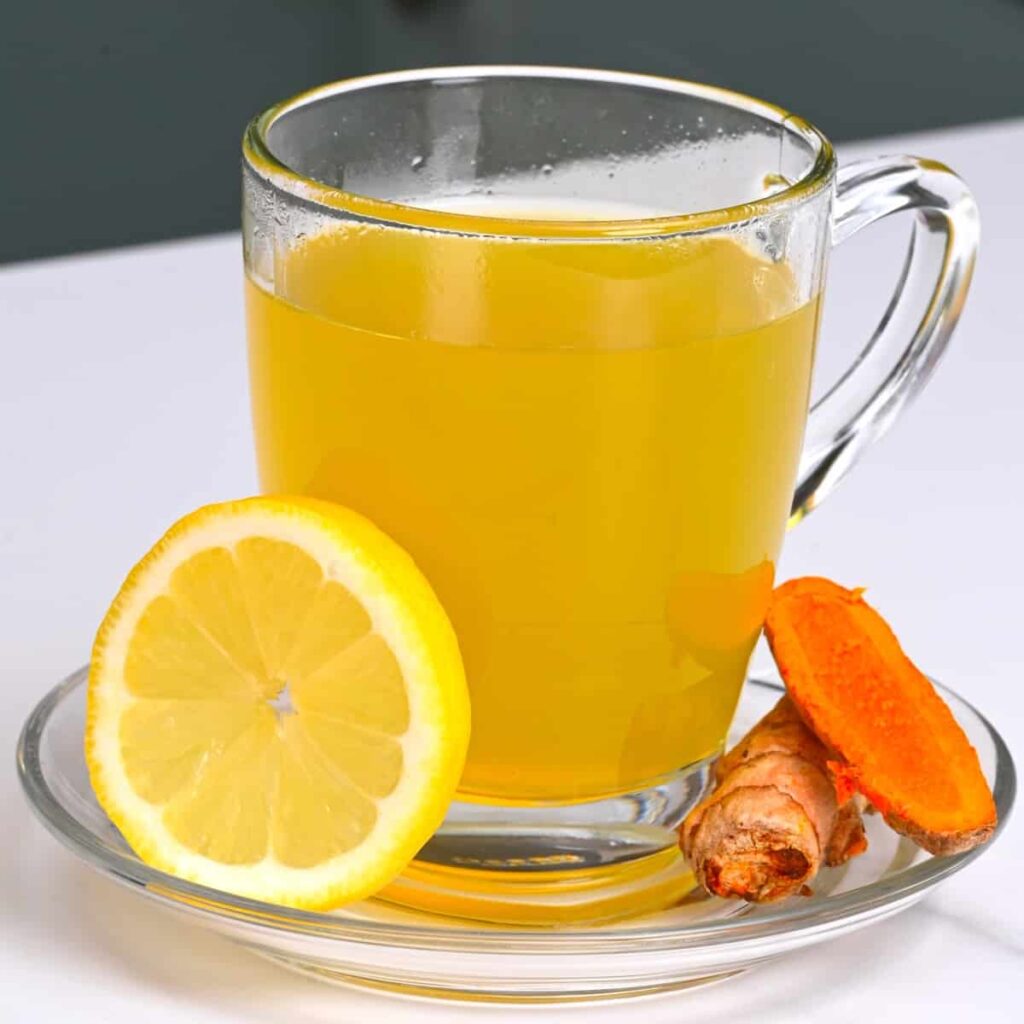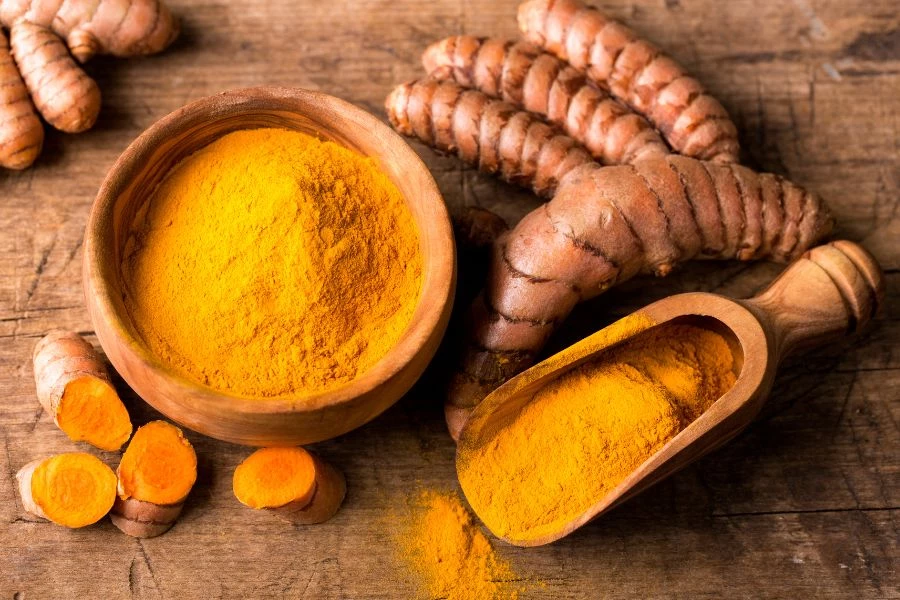New and Easy Drink Recipe (Do it yourself)
Looking for something warm and delicious to enjoy at home? This simple turmeric drink is a great way to add some vibrant flavor to your routine. Whether you’re curled up with a book or just want to try something new, this recipe is easy to make and tastes great. Let’s get started!

What You'll Need:
- 1 cup of your favorite milk (almond, oat, or regular)
- 1 teaspoon of turmeric powder
- 1/2 teaspoon of cinnamon
- A pinch of black pepper
- 1/4 teaspoon of ground ginger (optional)
- 1 teaspoon of honey or maple syrup (optional, for sweetness)
How to Make It (easy):
- Heat the Milk: In a small saucepan, heat your milk on medium, but don’t let it boil.
- Add the Spices: Stir in the turmeric, cinnamon, black pepper, and ginger. Keep stirring until everything is well mixed.
- Sweeten It (Optional): Add honey or maple syrup to taste. This is optional but can give it a nice sweet touch.
- Enjoy: Pour your turmeric drink into a mug and let it cool slightly before enjoying.
Feel free to make this drink your own by adjusting the spices or sweetness. It’s a comforting way to experiment with flavors in the kitchen! Use creativity!
More delicious ideas for recipes using turmeric:
Golden Milk: A comforting beverage made with turmeric, plant-based milk, cinnamon, black pepper, and honey, perfect for boosting warmth and well-being.
Vegetable Turmeric Curry: A rich, flavorful dish with a variety of vegetables, coconut milk, chickpeas, and spices, including turmeric and curry powder.
Pineapple Turmeric Smoothie: A refreshing smoothie blending pineapple, banana, turmeric, ginger, and coconut milk, packed with antioxidants and anti-inflammatory properties.
Turmeric Lemon Chicken: Chicken marinated with turmeric, garlic, lemon juice, and olive oil, then roasted to perfection, offering a vibrant, flavorful meal.
Carrot Turmeric Soup: A creamy, healthy soup made with carrots, turmeric, onions, garlic, and vegetable broth for a cozy, nutrient-packed option.

Thank you for taking the time to check out this recipe! We hope you enjoy making and sipping this cozy turmeric drink. Have a wonderful week ahead, and feel free to come back anytime for more simple and tasty ideas!
TURMERIC BENEFITS:
1. Anti-inflammatory Properties
Curcumin, the primary bioactive compound in turmeric, has potent anti-inflammatory effects. It inhibits key inflammatory pathways by modulating cytokines, transcription factors like NF-κB, and enzymes such as COX-2, which are involved in chronic inflammation. This makes it beneficial for conditions like arthritis, inflammatory bowel disease, and metabolic syndrome.
2. Antioxidant Effects
Curcumin is a powerful antioxidant that neutralizes free radicals and boosts the activity of the body’s own antioxidant enzymes. By reducing oxidative stress, turmeric may help protect against cellular damage linked to aging and chronic diseases such as cardiovascular conditions and cancer.
4. Neuroprotective Benefits
Turmeric shows promise in supporting brain health. Curcumin crosses the blood-brain barrier and has been found to increase levels of brain-derived neurotrophic factor (BDNF), a growth hormone that supports neuron survival and cognitive function. This may reduce the risk of neurodegenerative diseases like Alzheimer’s and Parkinson’s.
6. Gut and Digestive Health
Turmeric has been traditionally used to alleviate gastrointestinal issues. It supports gut health by reducing inflammation in the digestive tract and modulating the gut microbiome. Additionally, it may help with symptoms of irritable bowel syndrome (IBS) and inflammatory bowel diseases (IBD).
7. Immune System Support
The immunomodulatory effects of turmeric make it a valuable aid for enhancing immune responses. It supports the body’s defense mechanisms against pathogens and may help modulate autoimmune conditions by regulating inflammatory pathways.
8. Skin Health
The antioxidant and anti-inflammatory effects of turmeric are beneficial for skin conditions like psoriasis, acne, and eczema. Its antimicrobial properties also aid in wound healing and protecting the skin from infections.
9. Pain Relief
Due to its ability to reduce inflammation, turmeric may help alleviate chronic pain, particularly in conditions like osteoarthritis and rheumatoid arthritis.
Bioavailability Note
One limitation of turmeric is the low bioavailability of curcumin. Consuming it with black pepper (containing piperine) or fats can significantly enhance its absorption.
Conclusion
While turmeric has a broad range of health benefits, many of its effects are attributed to curcumin, and more clinical studies are needed to confirm some of its long-term impacts on health. Including turmeric as part of a balanced diet or as a supplement under medical guidance can be an effective way to leverage its therapeutic potential.